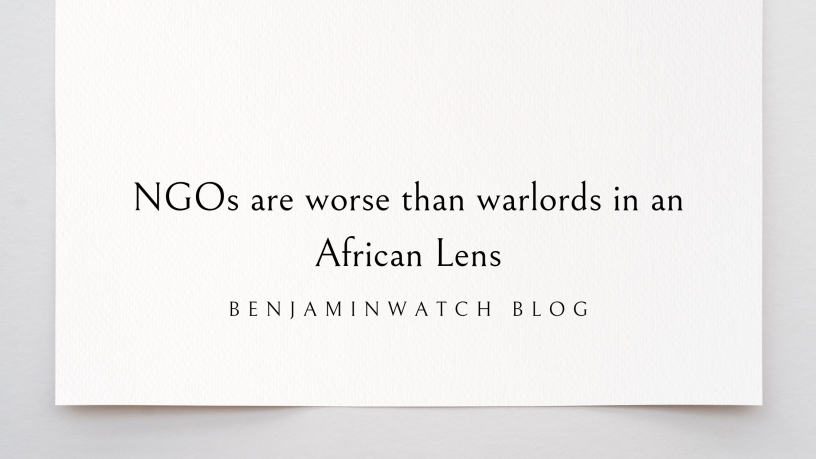In contemplating the enduring presence of organizations striving to combat poverty in our country for over half a century, one cannot help but ponder their underlying purpose and longevity. Are they truly dedicated to eradicating poverty, or have they become entities that evolve with the seasons, constantly seeking new missions and challenges?
It leads one to question the very nature of non-governmental organizations (NGOs) and international aid. Are they benevolent forces genuinely driven by a passion to foster development in Africa, or do they, in reality, serve as employment opportunities, offering a means to satisfy personal egos while projecting an image of virtue? In the context of Christian missionaries, some even view their work as a divine calling or a profound life purpose.
These reflections cast a spotlight on the intricate web of motives entwined with Africa’s development. They prompt us to consider the Western world’s historical role in exerting control and extracting resources from the continent, juxtaposed with the aspirations of Africans themselves to lead their own path to progress. Moreover, it invites contemplation on the enduring legacy of colonialism, which has left a complex lens of power dynamics and self-perceptions that continue to shape our actions and attitudes.
In essence, this discourse challenges us to explore the intricate interplay between external aid, personal motivations, and the enduring impact of history on our collective consciousness. It calls for a deeper philosophical inquiry into the quest for meaning, the dynamics of power, and the complexities of benevolence in the context of Africa’s development journey.

“I need to form an NGO that will support me financially. Let me champion a cause that the west cares about – one that cause them to donate money”
This seems to be the thought process behind the formation of some NGOs
LikeLike
Which is wrong
LikeLiked by 1 person